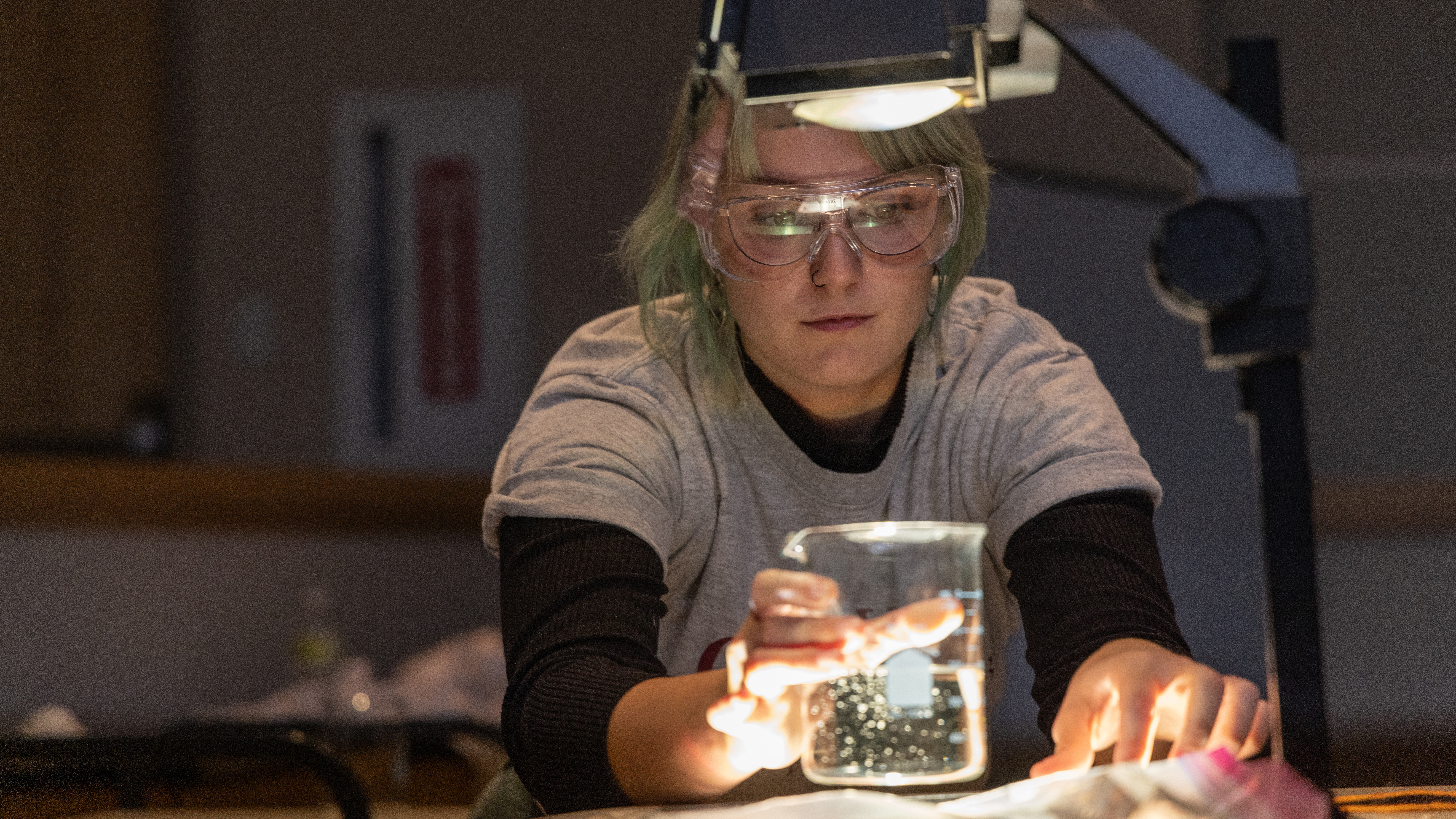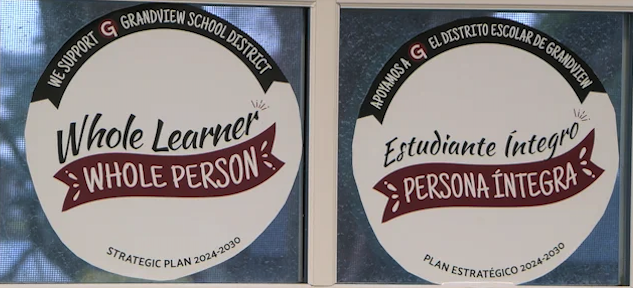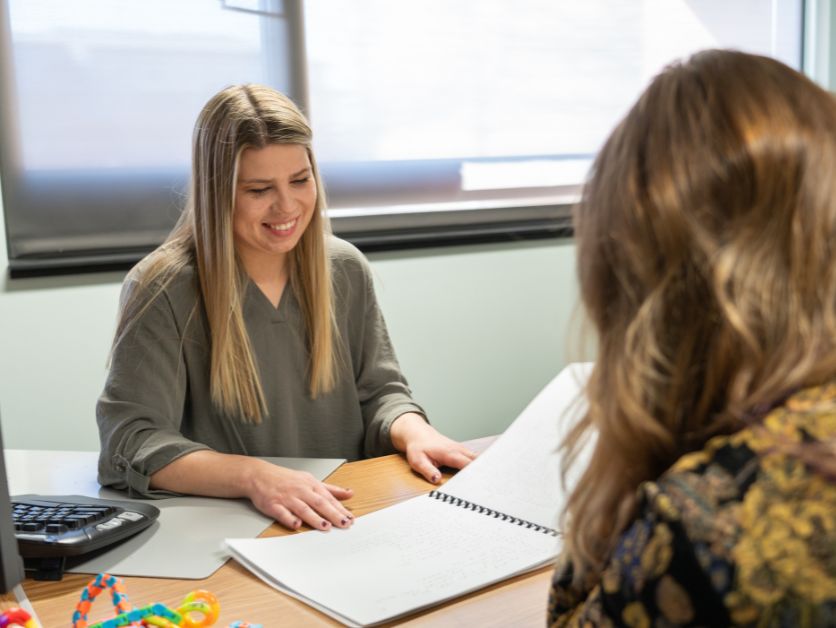
Chemistry
Chemistry Master Project
The non-thesis project MS in the Chemistry Department at Central Washington University is a flexible degree option intended to suit a wide range of student interests and backgrounds. The degree is intended for those students who are in our accelerated BS/MS program or for students who are on tight timelines (e.g. those who are on fellowships/scholarships with a well-defined cutoff date or those in industry). Due to the large number of sub-disciplines within chemistry the guidelines of the non-thesis project MS are broad so that they may accommodate all the potential non-thesis project topics. In general a non-thesis project MS should follow the guidelines below:
1. The non-thesis project should provide the student with some form of laboratory, computational, or field experience (where measurements are made directly in the field). This experience can include projects that test the feasibility of a new lab or teaching methodology in the chemistry curriculum.
2. A non-thesis project MS student must choose a committee of three graduate faculty members. The chair of the committee must be the student’s advisor from the Chemistry Department. Other committee members may be from outside the department but at least one of the two members must be a CWU faculty member.
3. Non-thesis projects that are purely literature based would need to be cleared by the Chemistry Department’s Graduate Committee prior to the student starting the project. The student should provide a written justification of why it is permissible to replace the laboratory/computational/field experience with the literature project. The justification should be no more than three pages, double spaced, and 12 point font. The student is encouraged to work closely with their research advisor in crafting the justification.
4. The non-thesis project should address a question that could ultimately be part of a more comprehensive thesis study but would not be as rigorous as a traditional MS thesis. Some examples could be:
1) Determining the detection limit of an analytical technique for a particular analysis.
2) Performing feasibility studies to determine if a particular synthesis or bio chemical assay is worth pursuing.
3) Performing initial computational studies on a chemical system.
4) Developing a new chemistry lab and determining if it is appropriate for the chemistry curriculum in terms of time and content.
The above are just examples and the exact nature of the non-thesis project is left to the discretion of the student’s advisor and other MS committee members.
5. The student must take Chem 589 and present a research proposal talk and a final project defense talk.
6. The non-thesis project must culminate in a written component of some form. The nature of the written component is at the discretion of the student’s advisor and other MS committee members. A length is not specified since the nature and quality of the project should dictate the length of the written work.
CWU News

$4 million federal grant aimed at helping with school psychologist shortage
February 25, 2026 by Marketing and Communications

CWU Disability Services aims to provide equitable access to education
February 23, 2026 by Rune Torgersen
Questions? Contact Us.
Chemistry
Science Building, Room 302